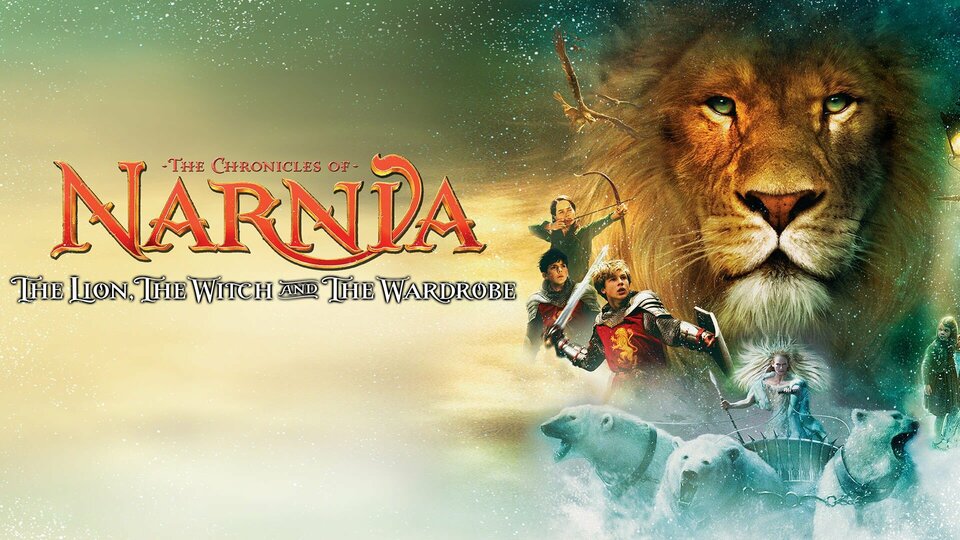Archive: Chronicles of Narnia: Faithful Adaptation
Steve Beard talks with Michael Flaherty
November/December 2005
Michael Flaherty is the president of Walden Media, the film studio that is producing C.S. Lewis’ The Lion, The Witch and the Wardrobe. He recently spoke with Good News editor Steve Beard about the upcoming movie.
Walden has adapted other books for children for the big screen. How is The Lion, the Witch and the Wardrobe different than other projects such as Holes or Because of Winn Dixie?
Michael Flaherty: It’s amazing. I don’t think it’s that unique because Walden looks for books that we can use to teach kids a lot about life and to get them to ask the big questions. So it’s like Holes or Because of Winn Dixie in that sense. This book has been around so much longer and it has such a much larger fan base.
Was there a temptation to change the setting of the book such as placing the story in modern-day America instead of Great Britain during World War II?
Flaherty: When we were interviewing, looking for writers and directors, we heard a lot of that. But the good news was we always made sure that everybody that was brought aboard wanted to make a faithful adaptation – that was the mantra. And once we met with director Andrew Adamson, who gave us the most incredible vision for how he would faithfully adapt it, everything fell into line. He made sure that everybody was on board with his vision. None of those intentions were there to put it in post-apocalyptic Los Angeles.
With his directing credits being limited to animated films such as Shrek and Shrek 2, was there a gamble in calling on the talents of Andrew Adamson?
Flaherty: They’re completely different kinds of movies. You know, he’d never done a live-action film before. But he knew exactly what he wanted to do and exactly how he wanted to bring it alive.
How did Walden secure the rights to The Chronicles of Narnia?
Flaherty: Over five years ago, my business partner Cary Granat and I were talking to Phil Anschutz about starting this company. Phil asked us for examples of films we wanted to make and Narnia was at the top of the list. That was something Phil had always wanted to do as well. So that was a real priority for the company. Right after they expired at Paramount – I think this was probably four years ago now at this point – we came in and got the rights to the film. We found screenwriter Ann Peacock and director Andrew Adamson. Disney came aboard after we had finished the script and the scouting and we put quite a bit of money into research to prove that we could successfully bring Narnia to life in a live-action film.
Many C.S. Lewis fans assumed that a Hollywood production of his books would diminish the spiritual nature of the stories. Did you anticipate that kind of reaction?
Flaherty: When we purchased the rights to these films, we had not released a single movie. So we had no reputation, no track record. And so we completely expected that. Let’s face it, Hollywood has a history, whether something has spiritual content or not, to completely gut and rewrite a lot of great literature. We bumped into this with Holes, which was our first movie out. A lot of people said, “I can’t believe that they’re making us watch another terrible Hollywood adaptation.” But then I think we earned some respect when people saw Holes and then Winn Dixie was another step along the way of showing people that we have great fidelity to original source material.
What is it about The Chronicles of Narnia – what C.S. Lewis described as the “gateway to a magical world” – that has intrigued audiences of all ages for so long?
Flaherty: It is such a beautiful story and simple story. It’s a great read. l remember myself and my brothers reading it really young in our years in grammar school. And I remember it being a read-aloud book even younger. The story is so easy to grasp for kids, but at the same time it’s so rich and complex for adults. We’re really happy because we feel like we have a movie for ages 6 to 106. What I love is just the messages of family and forgiveness and hope in a hopeless world. There are so many great themes. But best of all, here are two brothers and two sisters who stick together. And that’s the greatest family film in that sense – to see a family hold.
Lewis wrote a lot of letters to children. He addresses this and talks about how great fantasy heightens the readers’ sense of reality and responsibility. And I think that’s what we have here. So what’s amazing about it is it’s this incredible fantasy, but at the same time it’s this incredible window into our own personal lives this very day.






0 Comments